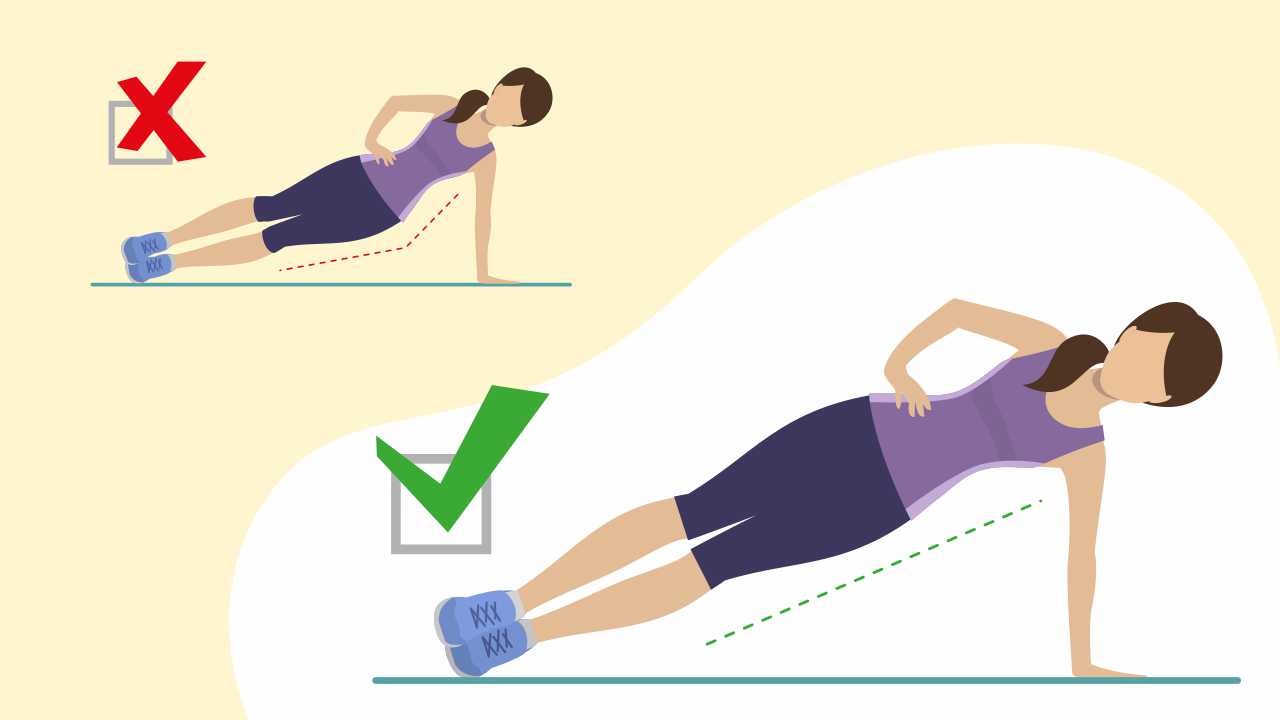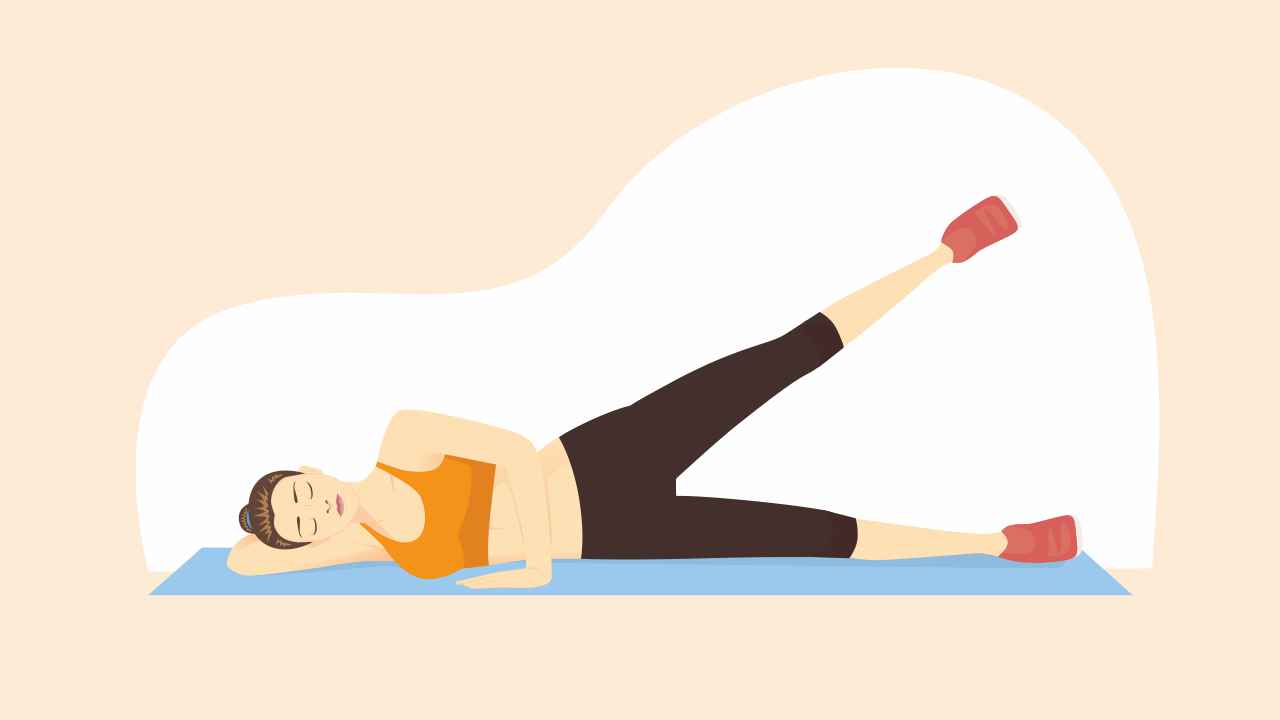
How Not to Fail at Exercise

No one likes to fail — in life or at the gym. But it does sometimes happen that performance pressure keeps us from working out. We begin to dislike or fear an exercise program so much that we give up and stop working out altogether. There is never any one particular reason why someone may fail at following an exercise program. However, if you can identify some of the barriers that could cause you to stop working out, then you can plan ways to not let them get in your way.
Barrier-busting strategies
Let’s look at some of the common barriers and different strategies you can use to overcome them.
1. Time
Between family and work commitments, making time for exercise can seem like a challenge. It could seem like wasting precious me-time as well.
Solution
It’s a common perception that if one doesn’t spend at least an hour exercising, then it’s not worth trying at all. The reality is that when it comes to exercise, the most important thing is consistency, and not necessarily the duration of the workout. Being active for 10 or 12 minutes at a time can help improve your overall fitness.
Here’s how you can make fitness part of your schedule:
- Take a brisk walk for 10 minutes; walking around your office building or complex can be one way to help increase your energy and move you towards better health.
- Take the stairs instead of the lift.
- Set your phone timer for 30 seconds and do as many bodyweight squats as possible. Reset and do as many push-ups as possible. Doing that thrice in a row takes only three minutes.
2. Missing workouts
If a hectic schedule causes you to miss a workout or two, it can be easy to get discouraged and stop exercising altogether.
Solution
Yes, you might feel guilty about missing a couple of workouts, but remember, long-term consistency is key. If your schedule gets in your way for a couple of days, then follow the steps above to make time for exercise when you can. Do not be discouraged. You can always pick up once your schedule opens up. Doing a little bit of exercise at a time can help you maintain your fitness.
3. Goals
Yes, having goals can be an important source of motivation for exercise, but setting an unrealistic goal can be detrimental and self-defeating. You cannot, for instance, lose 15 kilos a month. When a goal is unrealistic, or if it feels like there is no progress being made, it can be easy to lose sight of and stop the program. Another common goal that is unrealistic and easily broken is trying to exercise every day.
Solution
Instead of setting a goal to lose 10 kilos, set a goal to lose one. Not seeing a lot of change on a scale can be discouraging. But, if you set a goal to lose one kilo a week and do that for 10 weeks in a row, what is the outcome?
Setting smaller, realistic and achievable goals can help you see the results of your work. It also helps build a habit and the confidence to stay consistent with an exercise program
When it comes to how often to exercise, instead of setting a goal to exercise everyday, create a goal of exercising twice a week or once during the weekend. That might not seem like a lot, but it is an initial goal that can be easy to achieve. When starting an exercise program, achieving small goals like exercising thrice a week can help establish the motivation to stay consistent with an exercise program. You can then add an extra day and go from there.
4. Feeling compelled
Exercise can seem hard and laborious, especially if it feels like a chore. Feeling forced to do something inevitably awakens negative emotions and makes you look for excuses to not do it.
Also read: How to Have a Positive Mindset about Working Out
Solution
Think of it as something that you get to do. Exercise is not only about aesthetics, but about improving and maintaining optimal health. Moreover, regular exercise helps your brain function better, so you would be more productive at work and engaged with the world around you.
5. Not knowing how to exercise
Not knowing what to do can be another barrier that can keep you from staying consistent with a program.
Solution
It can be intimidating to start an exercise program if you don’t know where to begin and what to do. And that’s where coaches, instructors, and the fitpage fitness platform come in. They provide you with step-by-step instructions to kickstart and maintain your fitness journey.
Most of all, you need a positive mindset and the determination to carry on with your exercise program, despite inevitable breaks. It’s your ticket to a long, healthy life.













